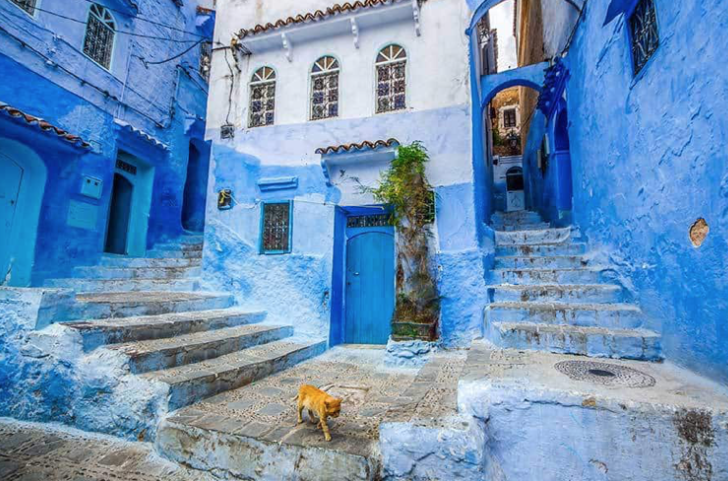Morocco attracts thousands of tourists for its lawlessness on cannabis
What’s unique about this North African country is that cannabis attracts thousands of visitors every year.
German tourist Beatrix, 57, made no attempt to hide the joint she was rolling at a hotel bar in the northern region of Ketama. She said she had fallen in love with the area for “the quality of its hashish and the friendliness of its residents.”
Hassan, 40, said cannabis was “our main source of wealth,” and added “the climate here is very special. Nothing grows here except kif,” using a Moroccan name for the drug.
Northern Morocco is both a key production site for cannabis exports to Europe but also an allure for tourists interested in trying the local pleasures. According to official figures from 2013, Moroccan law prohibits the sale and consumption of the drug, but that has not stopped local farmers to grow plantations of it and provide a living for some 90,000 households.
Smoking cannabis is in fact considered part of the local culture and is largely tolerated by the Moroccan authorities.
The region of Ketama sees thousands of tourists a year, both from Europe and other parts of Morocco. “People are attracted by the mountains, the hiking, the climate,” hotel director Abdelhamid said.
Since the 1960s, the region has also grown in popularity when hippies were using cannabis to seek the high life. Later on, it gained a reputation for its lawlessness and by the 1990s, guidebooks were advising tourists to avoid the region entirely.
“Tourism saw a sharp decline,” Mohamed Aabbout, a local activist, said, adding that “the extension of kif culture to other cities in northern Morocco” was partly to blame.
Tourists also visit the town of Chefchaouen, famed for its narrow alleys lined with striking blue houses and its cannabis production.
On the terrace of a local café, dealer Mohamed approached potential buyers and offered them a “field visit” to see how cannabis is processed. Afterwards, he took the group he had gathered to a nearby village.
“Here you have the Mexican plant, the Afghan and the beldia (Arabic for domestic),” he said.
He added most farmers in the area import seeds in order to ensure a bigger harvest. One of the visitors said he had just bought a batch of the drug worth $230.
Mohamed said, “here you smoke where you want, except in front of the police station.”








